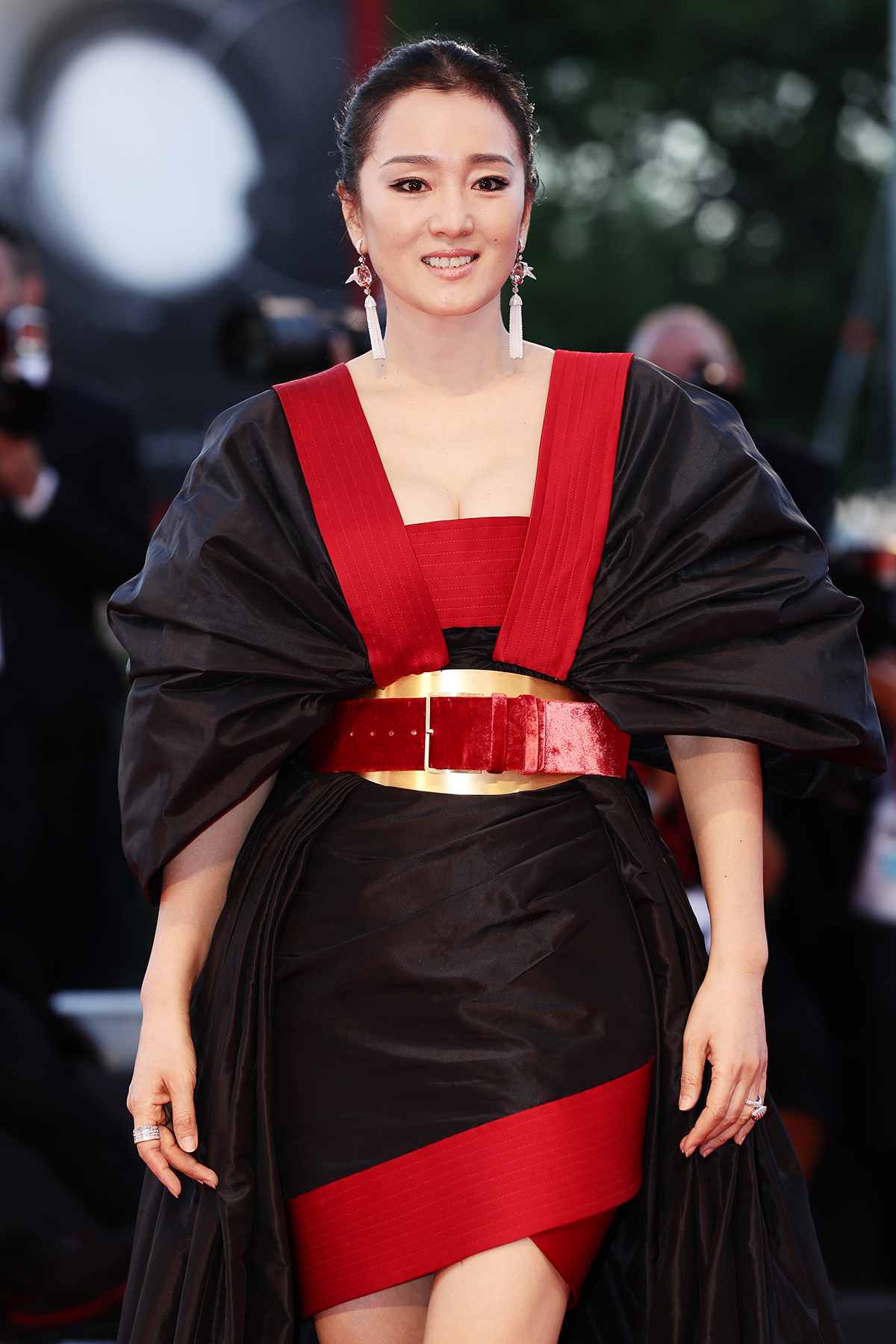
- Industry
Global Stars Profiles: Gong Li
The French publication Madame Figaro called Gong Li the “Chinese Meryl Streep”. In 2006, she was voted as China’s “most beautiful person” in a poll by The Beijing News. She is China’s most famous actress and the muse of directors Zhang Yimou and Chen Kaige. The international audience knows her as the lead actress in three of the four Oscar-nominated Foreign Language Films from China.
Gong was born in Shenyang in 1965, the year the Cultural Revolution started in China. She explained her childhood to the New York Times in 1994: “My parents were separated from us for a while. I didn’t understand what was happening, I thought maybe that they had done something wrong. My father left first. My two brothers and a sister were sent to the countryside. Everyone was sent, particularly the young people, to live with peasants, and the universities were closed.” She wanted to be an actress, however. “I chose acting. Maybe it chose me because I was always mugging and playacting. I don’t know what else I could have done.”
After failing twice to gain admission, she was eventually accepted to Beijing’s Central College of Drama. Zhang saw her there and cast her in his debut film Red Sorghum in 1987, in which she plays a young woman married off to an old man whose business she takes over after he’s killed. It went on to win the Golden Bear at the 1987 Berlin International Film Festival, launching Gong’s career. Gong earned 200 yuan ($30 US) for the role. It was the first Chinese film to be released commercially in the US. The director and actress started a long personal and professional relationship that would last the better part of a decade. He was married when they met; their liaison was a scandal in China. Eventually, he divorced and they lived together.
The Oscar-nominated film Ju Dou was her next success in 1990, in which she played the tortured wife of an impotent man who has an affair with his nephew. Then came Raise the Red Lantern in 1992, also nominated for an Oscar, in which she played a concubine oppressed by a patriarchal system in 1920s China. Her performance as a plain, pregnant peasant who fought for justice after her elderly husband was injured in The Story of Qui Ju in 1992 won her the Best Actress Award at the Venice Film Festival that year. All three films were directed by Zhang.
But in 1993, she switched directors, starring as a prostitute who marries a Peking Opera star in Chen Kaige’s Farewell, My Concubine, which won the Golden Globe for Best Foreign Film as well as the Palme d’Or at the Cannes Film Festival. It was also Oscar-nominated. She worked with Zhang twice more in To Live (1994) and Shanghai Triad (1995) which was nominated for a Golden Globe for Best Foreign Film, but their partnership ended and their careers separated.
Unlike other Chinese stars, Gong was critical of censorship in her homeland. Concubine and Qui Ju were initially banned in China for ostensibly criticizing the Chinese government. And Ju Dou was deemed “a bad influence on the physical and spiritual health of young people” because it portrayed sexuality.
In 1996, Gong married Singaporean tobacco magnate Ooi Hoe Seong and received Singaporean citizenship shortly after. The marriage ended after 13 years. She married French composer Jean-Michel Jarre in 2019.
Gong continued making films in China with directors like Zhou Yu (Train) and Wong Kar Wai (2046), but Hollywood came calling and in 1997, she starred opposite Jeremy Irons in Chinese Box, her first English language role. Then came Memoirs of a Geisha in 2005, Rob Marshall’s blockbuster film in which Gong, controversially, played a Japanese geisha. Miami Vice in 2006 with Colin Farrell and Jamie Foxx was her next Hollywood appearance.
In recent years, Gong has not been seen much onscreen, but in 2019 she debuted Lou Ye’s Saturday Fiction at the Toronto Film Festival, a black-and-white period drama set in Japanese-occupied Shanghai, about a mysterious woman who becomes entangled in the attack on Pearl Harbor.
At the time of release, Gong spoke about fan attention to the Hollywood Reporter. “It’s not a bother. The importance of having a private life is that you can observe the world with your own eyes, instead of letting people constantly observe you. If there are many people looking at you all the time, you might not be able to see real life. I think maybe what bothers me is this. If you’re always being watched, then you can see nothing. I don’t want my private life like this.”
In 2020, Gong appeared as the villainess in Disney’s Mulan, a movie that was meant to be a blockbuster, but because of the pandemic, was streamed on Disney+. It then ran into a barrage of criticism when in the credits, the filmmakers thanked Chinese government bodies in Xinjiang where Mulan had some scenes, a province that has 2 million Uighur Muslims in concentration camps. Her September 2020 release of the volleyball drama Leap in which Gong plays the real-life coach of a Chinese women’s national volleyball team beat out Mulan at the Chinese box office.
While Gong has done commercial endorsements for many international products like L’Oréal, Chopard, and Piaget, she doesn’t believe in baring her life to the public. “In China, we think that cinema is just entertainment. I think, on the contrary, that it is an essential art for changing the way people look at our societies. So why would I do a reality show or expose my life on social media? It would be reducing my job to something far too futile,” she told Asiaweek in 1999.
Gong has been a Goodwill Ambassador for the UN’s Food and Agriculture Organization since 2000 and was appointed UNESCO Artist for Peace that same year. She has been a Global Environmental Ambassador for the UN’s Environment Program since 2008.

